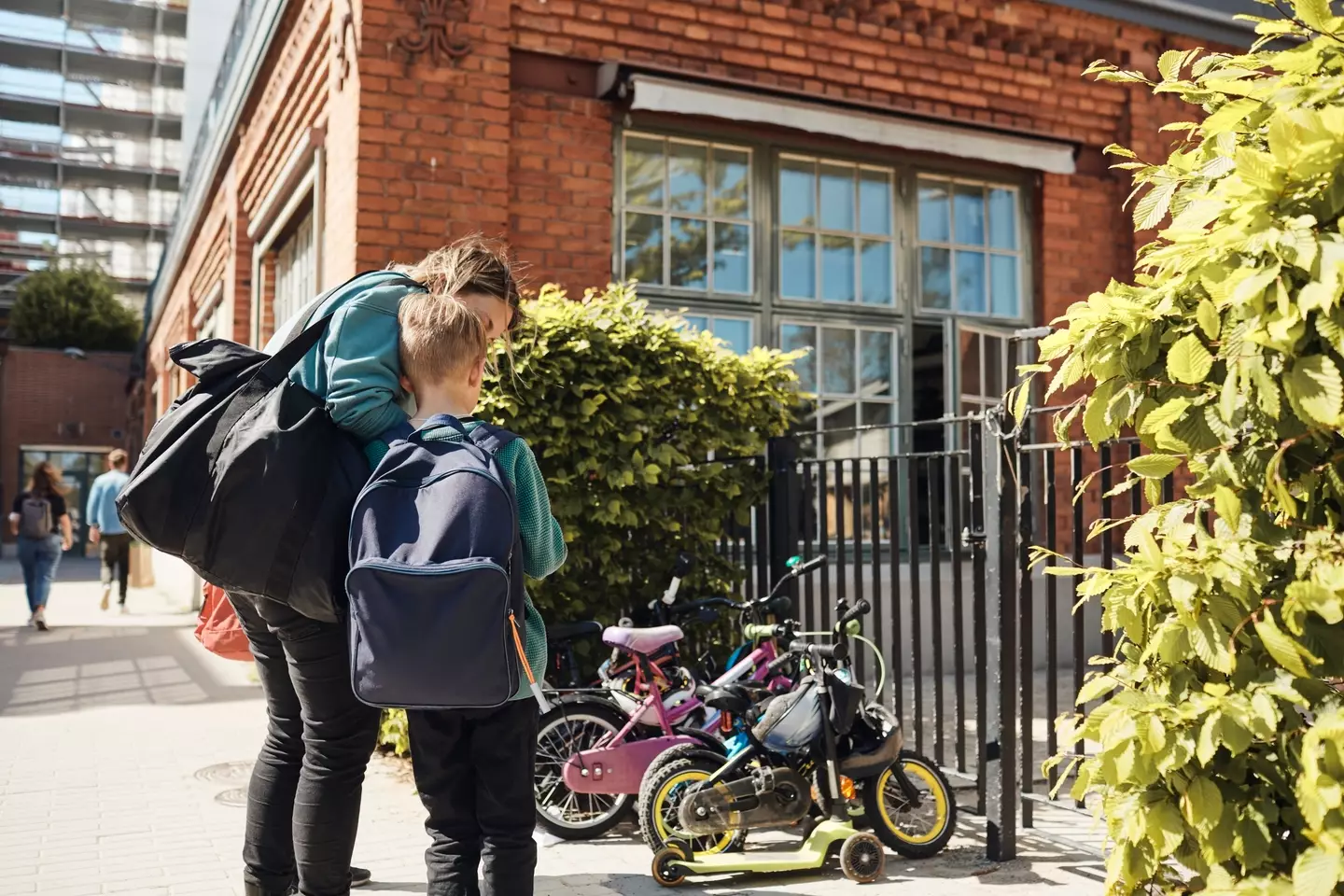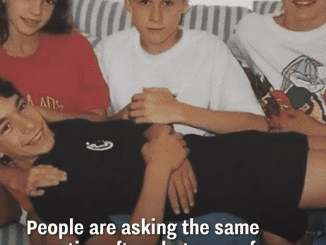Communicating with children can feel like navigating a minefield. You want to offer guidance and support without overstepping boundaries, but sometimes, even well-intentioned words can have unintended consequences. Child psychologist Dr. Caroline Danda and clinical psychologist Dr. Sarah Bren have identified five common phrases that parents and grandparents should avoid, explaining how these seemingly harmless statements can impact kids’ emotional development.
1. “Perfect!”
.jpg)
At first glance, praising a child’s efforts with “perfect” seems like a great way to encourage them. However, Dr. Danda warns that this term can create unrealistic expectations. “Using the term ‘perfect’ can promote the notion that perfection is attainable and expected,” she explains.
When children hear “perfect,” they might feel pressured to always meet that unattainable standard, leading to anxiety or fear of failure. Instead, opt for phrases like “That works, thanks!” or “Job well done.” These alternatives emphasize effort and accomplishment without placing perfection on a pedestal.
2. “It’s Not a Big Deal…”
While adults might brush off certain situations, kids often see things differently. What seems trivial to you could feel monumental to them. Saying “It’s not a big deal” can dismiss their feelings, making them feel unheard or invalidated.
Dr. Danda emphasizes the importance of validating emotions, especially for children and teens who lack the experience and wisdom of adults. “Validate feelings first and listen so kids, and especially teens, can express and feel their emotions,” she advises. A better approach might be, “I can see this is upsetting you—do you want to talk about it?” This creates a safe space for them to process their emotions.
3. “Here’s What You Should Do…”
When kids face challenges, it’s natural to want to swoop in with advice. However, saying “Here’s what you should do” can inadvertently undermine their confidence and independence. Dr. Danda suggests framing advice as a collaborative effort instead. Try saying, “I have some ideas if you’d like to hear them.”
This approach respects the child’s autonomy while signaling your willingness to help. It also encourages problem-solving skills by letting them take the lead. Starting a conversation with “I’m curious to know what you think” can further empower them to express their thoughts and come up with solutions.
4. “How Was Your Day?”
Asking “How was your day?” might seem like a friendly way to check in, but it often results in one-word answers like “fine” or “okay.” Dr. Danda notes that this question can feel overwhelming, especially after a long and demanding day.
Instead of asking questions, make observations that invite connection without putting kids on the spot. Say things like “I’m happy you’re home” or “It’s great to see your smile.” Dr. Bren adds that transitioning from a busy day can be challenging, and these simple statements allow kids to decompress without the pressure of answering questions.
5. “What’s Your Plan for College?”

This phrase is a common conversation starter, especially with high school students. However, it can feel loaded and stressful for kids who may not have a clear vision for their future. Not every student is destined for college immediately after graduation, and some may excel in trades, creative fields, or other non-traditional paths.
Dr. Danda recommends using more open-ended questions like “What are your plans after you graduate?” This shows genuine interest without making assumptions or adding pressure. It’s a subtle shift that can foster meaningful conversations and help kids feel supported, no matter their goals.
The Impact of Words on Emotional Growth
Children are more perceptive than we often realize, and the words we use can shape their self-esteem, confidence, and emotional resilience. Phrases like the ones mentioned above, while well-meaning, can inadvertently discourage, overwhelm, or invalidate kids. By tweaking our language, we can create an environment that fosters open communication and emotional growth.
How to Build Better Communication Habits

Here are some tips to help you navigate conversations with kids more effectively:
- Be Mindful of Tone: Kids can pick up on subtle cues, so speak in a calm and supportive tone.
- Use Open-Ended Questions: Encourage dialogue by asking questions that can’t be answered with a simple “yes” or “no.”
- Validate Feelings: Show empathy by acknowledging their emotions, even if you don’t fully understand them.
- Focus on Effort, Not Outcomes: Praise their hard work and determination rather than the result.
- Give Them Space: Sometimes, kids just need time to process their thoughts. Respect their need for silence.
Conclusion: Choose Words That Empower and Encourage
The words we use with children have a profound impact on their emotional development and sense of self. By avoiding these five common phrases and replacing them with more thoughtful alternatives, parents and grandparents can foster stronger, more supportive relationships with the kids in their lives.
So, the next time you’re tempted to say “perfect” or ask about college plans, pause and consider how you can frame your words to inspire confidence, independence, and open communication. Small changes in language can make a big difference, helping kids feel heard, valued, and empowered.


